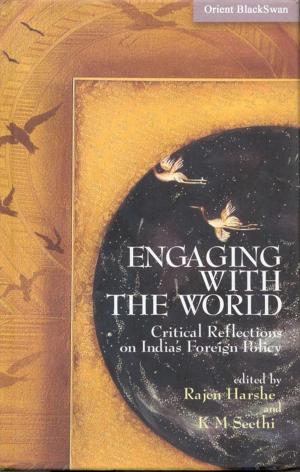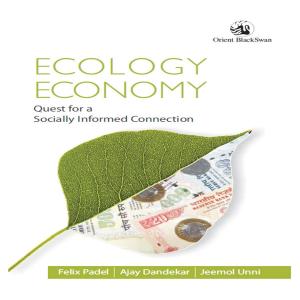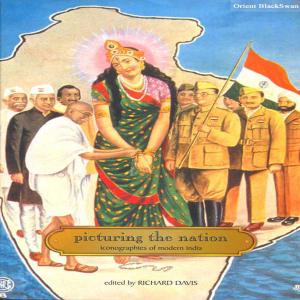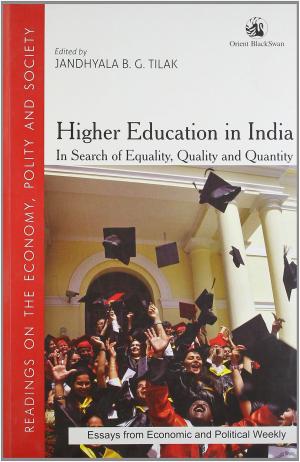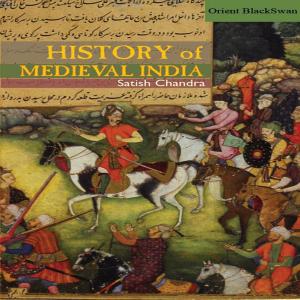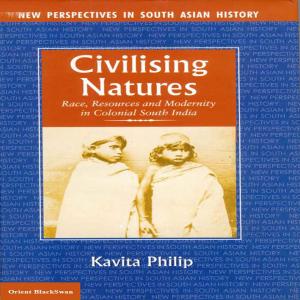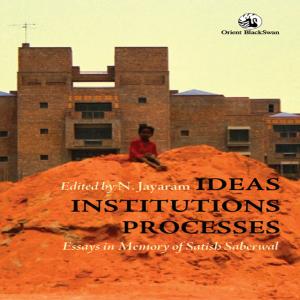Nature, Environment and Society
Conservation, Governance and Transformation in India
Nonfiction, Science & Nature, Science, Biological Sciences, Environmental Science| Author: | Nicolas Lainé | ISBN: | 9788125054276 |
| Publisher: | Orient Blackswan Private Limited | Publication: | May 9, 2014 |
| Imprint: | Language: | English |
| Author: | Nicolas Lainé |
| ISBN: | 9788125054276 |
| Publisher: | Orient Blackswan Private Limited |
| Publication: | May 9, 2014 |
| Imprint: | |
| Language: | English |
The future of humanity lies uncertain as nature falls prey to the loot and plunder initiated in the name of development, growth and progress today. As the vast riches of the earth continue to be endangered, a global consciousness regarding the importance of natural resources, biodiversity, etc. is on the rise. Given such a scenario, what is required is further understanding of man’s interaction with the environment.This contributory volume examines the interrelationship between nature and society in South Asia. It focuses on four points: perception of natural resources during colonial rule, conservation of nature, role of governments in administering environment, and transformation of nature as a result of development or industrial projects.The book is divided into three broad themes, analyses the major decisions taken in India with regard to environment after Independence and their consequences; the relationship between communities which consider natural environment as an essential part of their identity, and as a key factor for social, political and economical issues; and the urban explosion and/or the construction of infrastructure such as dams or roads that have impacted the relationship between different social groups and their territory. It also examines the set-up (policy and stakes), process and consequences (often the displacement of populations) of such projects in three different states of India.Offering a wide variety of case studies representing a large panel of approaches and methodologies from Sociology, Economics, History, Anthropology, and Development Studies, this volume will be an useful read for students and scholars of environmental studies, and NGOs working towards conserving nature.
The future of humanity lies uncertain as nature falls prey to the loot and plunder initiated in the name of development, growth and progress today. As the vast riches of the earth continue to be endangered, a global consciousness regarding the importance of natural resources, biodiversity, etc. is on the rise. Given such a scenario, what is required is further understanding of man’s interaction with the environment.This contributory volume examines the interrelationship between nature and society in South Asia. It focuses on four points: perception of natural resources during colonial rule, conservation of nature, role of governments in administering environment, and transformation of nature as a result of development or industrial projects.The book is divided into three broad themes, analyses the major decisions taken in India with regard to environment after Independence and their consequences; the relationship between communities which consider natural environment as an essential part of their identity, and as a key factor for social, political and economical issues; and the urban explosion and/or the construction of infrastructure such as dams or roads that have impacted the relationship between different social groups and their territory. It also examines the set-up (policy and stakes), process and consequences (often the displacement of populations) of such projects in three different states of India.Offering a wide variety of case studies representing a large panel of approaches and methodologies from Sociology, Economics, History, Anthropology, and Development Studies, this volume will be an useful read for students and scholars of environmental studies, and NGOs working towards conserving nature.


